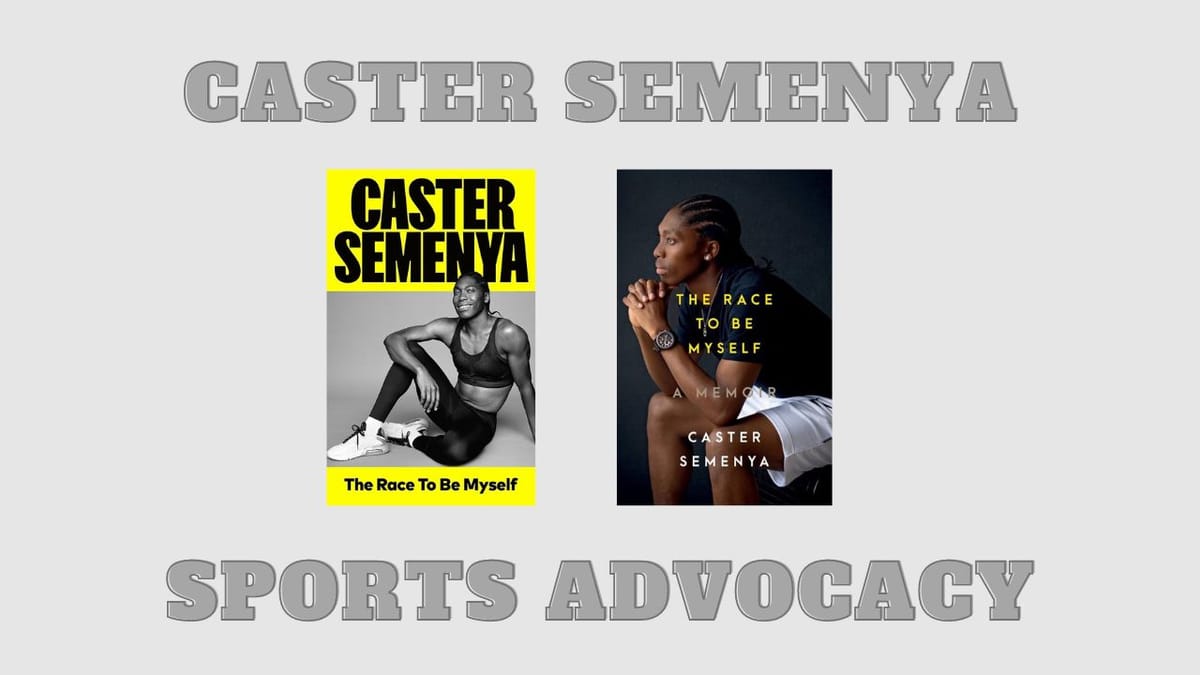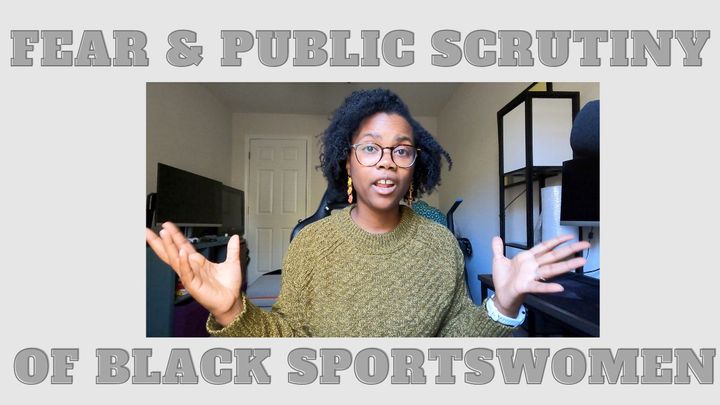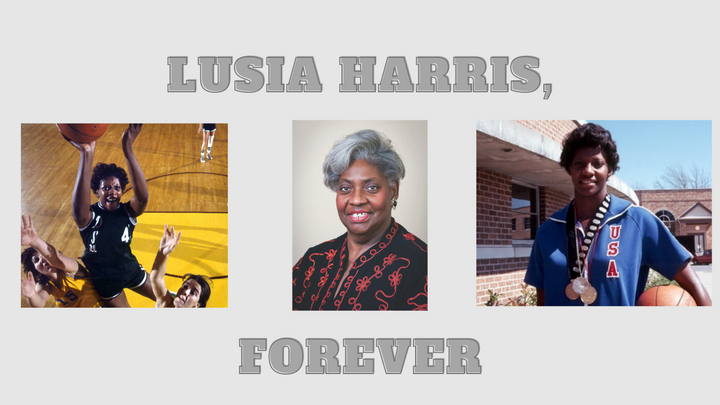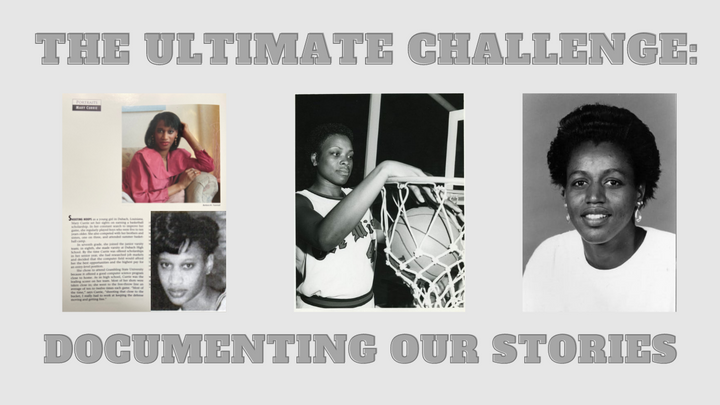Caster Semenya's Athletic Youth
What Caster Semenya's athletic experience as a young girl teaches us.

This post is inspired by my current read: The Race to Be Myself by Caster Semenya. I'm not finished reading but I still highly recommend it.
Running quieted Caster Semenya's mind.
She played plenty of team sports – baseball, basketball, soccer, netball – and practiced martial arts, but those activities distracted her from her problems. Track and field/athletics offered her something deeper.
“There was constant banter with other players,” she said of team sports in her memoir, The Race to be Myself. “You had to deal with their nonsense for the entire game. I was good at talking shit and I knew how to get inside people’s brains. In team sports, my mind was turned outward, if that makes sense. Running was different. My mind turned inward, toward itself. I preferred it that way. It quieted down. I felt completely at peace.”
As a young girl in South Africa’s Limpopo province, Caster stayed on the move. She came from an athletic family: her mother played netball, her sisters ran competitively at school, her father played soccer. She found a way to do the chores that kept her physically active, and of course, she played sports at school.
“I took advantage of whatever was offered,” she wrote. “Not that the school had much. Nthema Secondary School was the same as my old one in that it didn’t have any real sports grounds. The ‘basketball court’ was a rocky field with shoots of grass and a rusted hoop where we also played soccer and baseball.”
Then there was the coach, Mr. Maseko – also known as Boss – who introduced her to athletics/track and field in secondary school.
Caster had guidance in Boss and one of his friends but she was treating her own injuries and had no funding – though they did find a way to provide her secondhand spikes after she was injured while running barefoot).
It’s notable the similarities between Caster’s story and those of other sportswomen: the lack of resources for sports activities (this does often depend on when and where) as well as the volunteer/underpaid coach or positive figure that not only believes in, encourages, and guides the athlete.
I bring this up because it makes me think of how we collectively – and also as individually within our communities – can pave the way for future sportswomen, whether they become elite athletes or not. Sports have physical, mental, and social benefits for athletes even if they never win a championship or become an Olympian.
There are plenty of benefits, but I also realize there’s a lot of stigma and obstacles attached to being a young Black girl in sports. Still, I’d like to move into sports advocacy this year as it relates to Black girls, so I'm thinking about ways to get more girls into sports and stick with sports, so they can receive some of the mental benefits Semenya mentioned – like quieting the mind. Sports, and simply working out, has always offered me a mood and confidence boost, help me focus, and so much more.
Do you know any organizations that I can look into/support that are already doing this work to get more Black girls into and sticking with sports?
Back to Caster Semenya – she seemed to get really serious about running after a regional 800 meter race. In it, which she ran barefoot, an athlete who wore spikes stepped on her foot and injured her. She finished 5th when she said she should have won. That’s when her school provided her running spikes.
By 16, she was approached by Moletjie Athletics Club. And shortly after, her grandmother encouraged her to open a bank account. She was on her way to becoming a professional.
Keep in mind the benefits of sports on young girls, and Caster herself, that were mentioned in this edition. In her memoir, I read about what sports meant to her as a young girl and how hard she worked to get on the world stage as a teen. By now, I’m sure you’ve read - whether in her book or online - about how it was taken away from her in her prime. It’s also happened to other Black girls – cis, trans, queer, from different countries - often before they’re able to get to their own prime.
But we’ll talk more about that in an upcoming newsletter, in addition to why excluding anyone hurts all of us.
I encourage you to read Caster Semenya’s memoir. I’m not finished, but it’s equally as good as it is difficult to read. I’m looking to have another couple of posts inspired by her book, but definitely check it out if you have interest.



Comments ()